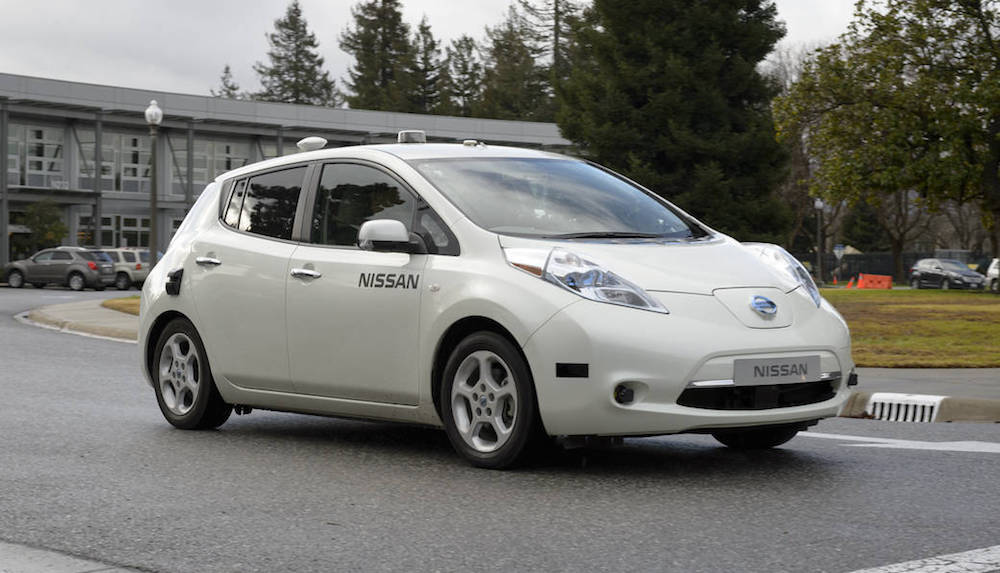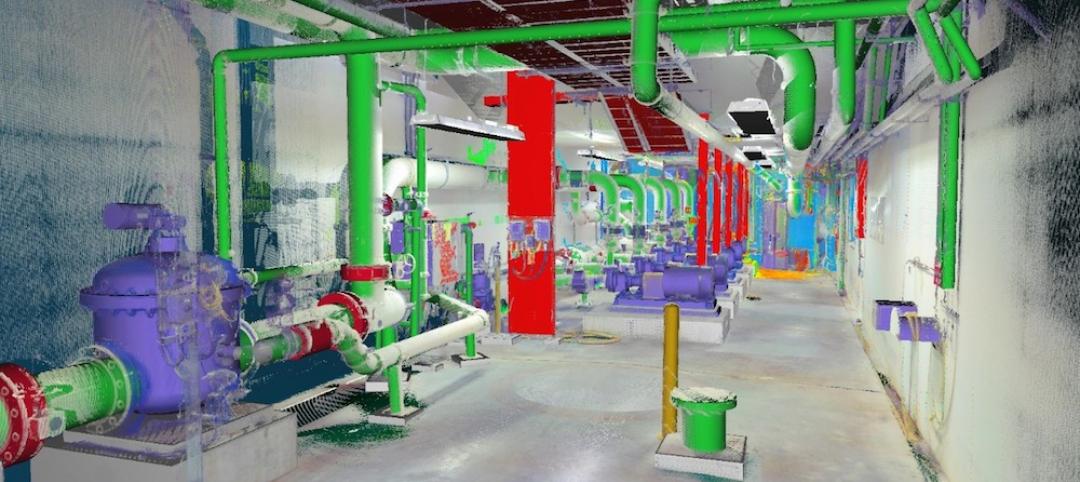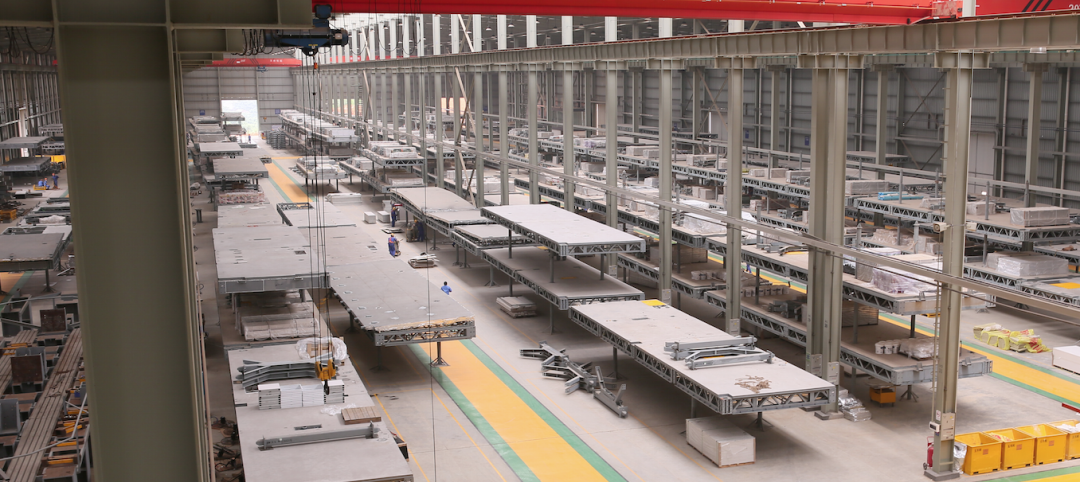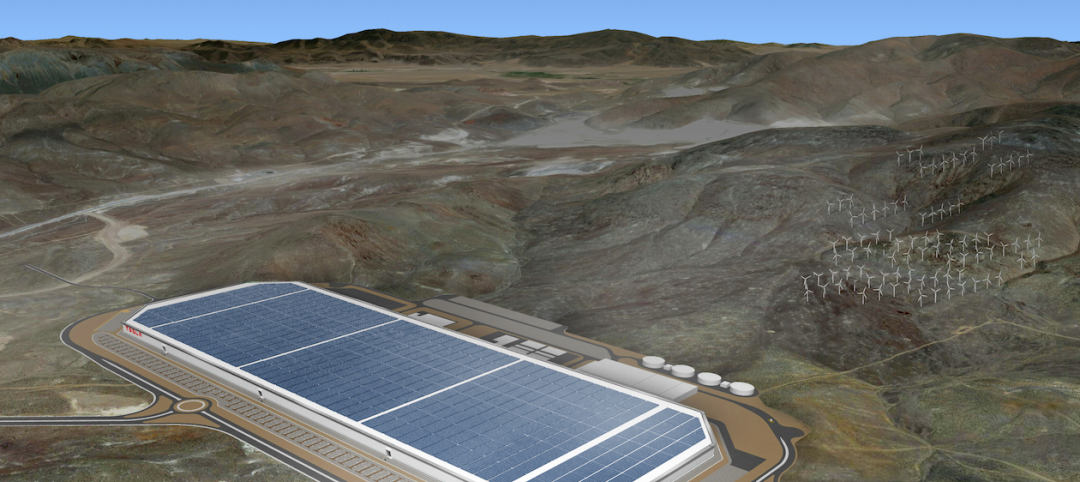Driverless cars could have an impact on the design of commercial and retail projects a lot sooner than many believe, according to a principal with a California design firm.
Autonomous vehicles are expected to enter the market within the next 10 years, and this has implications for parking standards in particular. Onsite parking could be reduced, with parking for driverless cars moved to less valuable properties nearby.
At hotels, taxi lines will be longer, requiring more robust concierge systems and lines for guests while they wait for their driverless cars. Driverless vehicles will need less room on roads and smaller parking dimensions to maneuver, so the overall size of a development could be reduced.
Driverless cars could also be used to deliver goods to consumers. That may mean that the back of retail outlets would not need to hold as much inventory, making it possible to shrink their building footprint.
Related Stories
AEC Tech | Mar 17, 2016
Managing risks with laser scanning gives AEC firms an edge
The more that clients demand the service, the easier it is to justify the cost of laser scanning equipment and software.
AEC Tech | Mar 15, 2016
Two to tango: Project Tango isn’t just for entertainment, it also has a wide range of possibilities relating to the professional world
Making things like augmented reality, precise measurements of indoor spaces, and indoor wayfinding possible, Google’s Project Tango has all the makings to become a useful and ubiquitous tool in the AEC market.
AEC Tech | Mar 10, 2016
Is the Internet of Things the key to smarter buildings and cities?
Experts say yes. But what’s needed is a point person who makes sure that sensing devices can “talk” to each other.
Multifamily Housing | Mar 10, 2016
Access and energy control app clicks with student housing developers and managers
Ease of installation is one of StratIS’s selling features.
AEC Tech | Mar 8, 2016
WiredScore offers developers competitive advantage in marketing
Designates best-in-class Internet connectivity.
Game Changers | Feb 5, 2016
London’s ’shadowless’ towers
Using advanced design computation, a design team demonstrates how to ‘erase’ a building’s shadows.
Game Changers | Feb 5, 2016
Asia’s modular miracle
A prefab construction company in China built a 57-story tower in 19 days. Here’s how they did it.
Game Changers | Feb 5, 2016
Tesla: Battery storage is not just about electric vehicles
With his $5 billion, 13.6 million-sf Gigafactory, Tesla’s Elon Musk seeks to change the economics of battery energy storage, forever.
BIM and Information Technology | Jan 27, 2016
Seeing double: Dassault Systèmes creating Virtual Singapore that mirrors the real world
The virtual city will be used to help predict the outcomes of and possible issues with various scenarios.
3D Printing | Jan 25, 2016
Architecture students create new method for 3D printing concrete
The team's Fossilized project allows for structures that are more varied and volumetric than other forms so far achieved.














